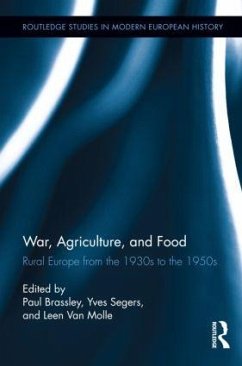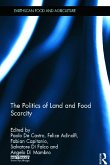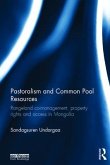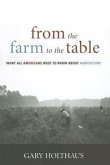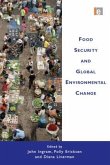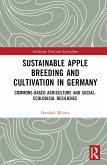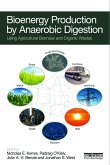Between the 1930s and the 1950s rural life in Europe underwent profound changes, partly as a result of the Second World War, and partly as a result of changes which had been in progress over many years. This book examines a range of European countries, from Scandinavia to Spain and Ireland to Hungary, during this crucial period, and identifies the common pressures to which they all responded and the features that were unique to individual countries. In particular, it examines the processes of agricultural development over western Europe as a whole, the impact of the war on international trading patterns, the relationships between states and farmers, and the changing identities of rural populations. It presents a bold attempt to write rural history on a European scale, and will be of interest not only to historians and historical geographers, but also to those interested in the historical background to the Common Agricultural Policy of the European Union, to which the changes discussed here provided a dramatic prologue.
This volume of essays examines one of the crucial periods in the evolution of the European rural economy and society, assessing the effects of the Second World War on the European countryside, and the impact of food and agricultural problems on the outcome of the war.
This volume of essays examines one of the crucial periods in the evolution of the European rural economy and society, assessing the effects of the Second World War on the European countryside, and the impact of food and agricultural problems on the outcome of the war.

